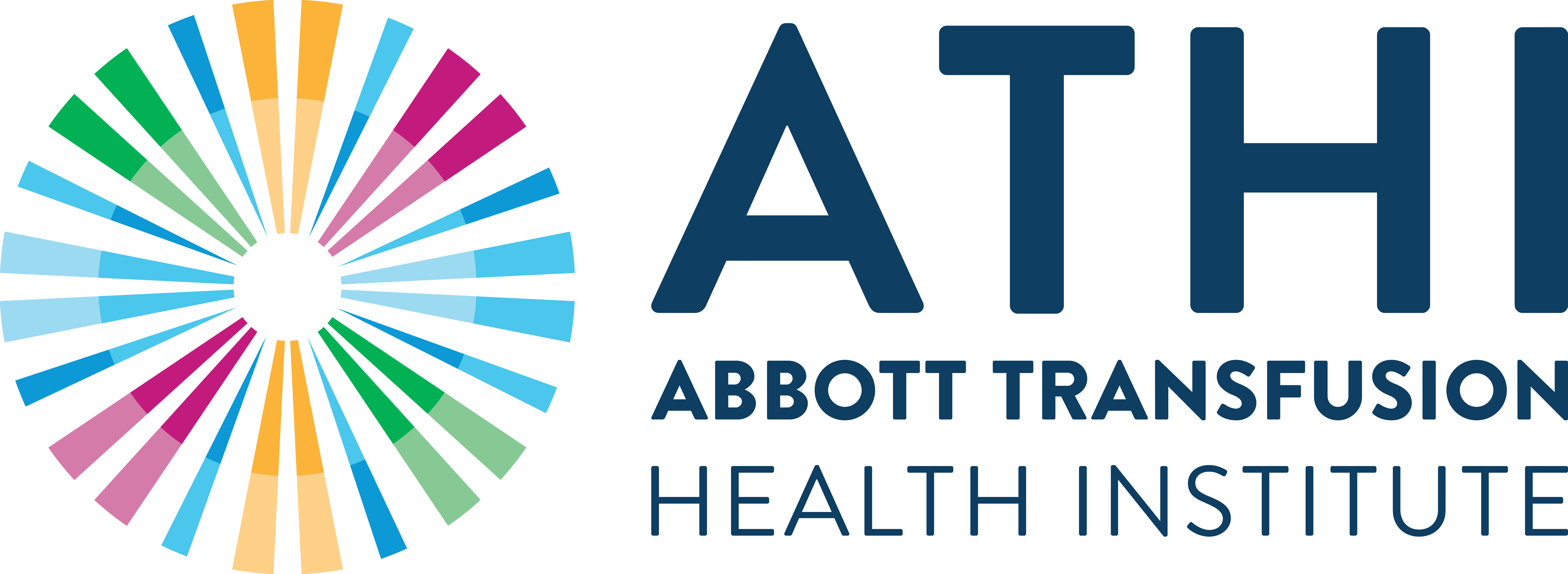In this lecture, Dr. Vincenzo De Angelis, Director of the Italian National Blood Centre (CNS) describes the organization and provides an overview of the collection of human plasma in the Italian national blood establishments and of its contract-manufacturing fractionation into medicinal products (PDMPs). His presentation summarizes the results of Italian programme for Country self-sufficiency in plasma-derived medicinal PDMPs and for the international cooperation in the field of PDMPs. The presentation also gives insight into the prevalence and incidence of transfusion-transmitted infections of interest for the plasma master-file of the Italian plasma, submitted to the European Medicine Agency (EMA). Finally, recent epidemiological data on B19V infection within the Italian donor population are reviewed, and precautionary recommendations for preventing transfusion-transmitted B19V infections drafted by the Italian National Blood Centre are presented.
CONTINUING EDUCATION UNITS: 0.5 hours



